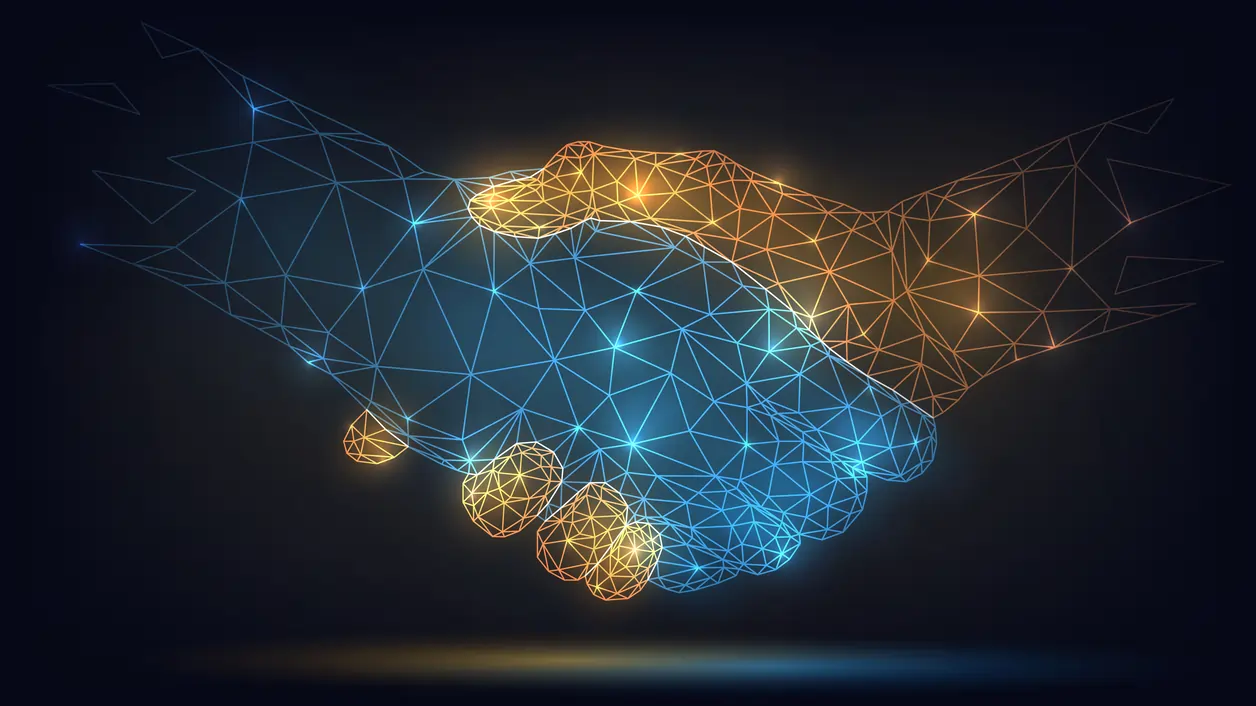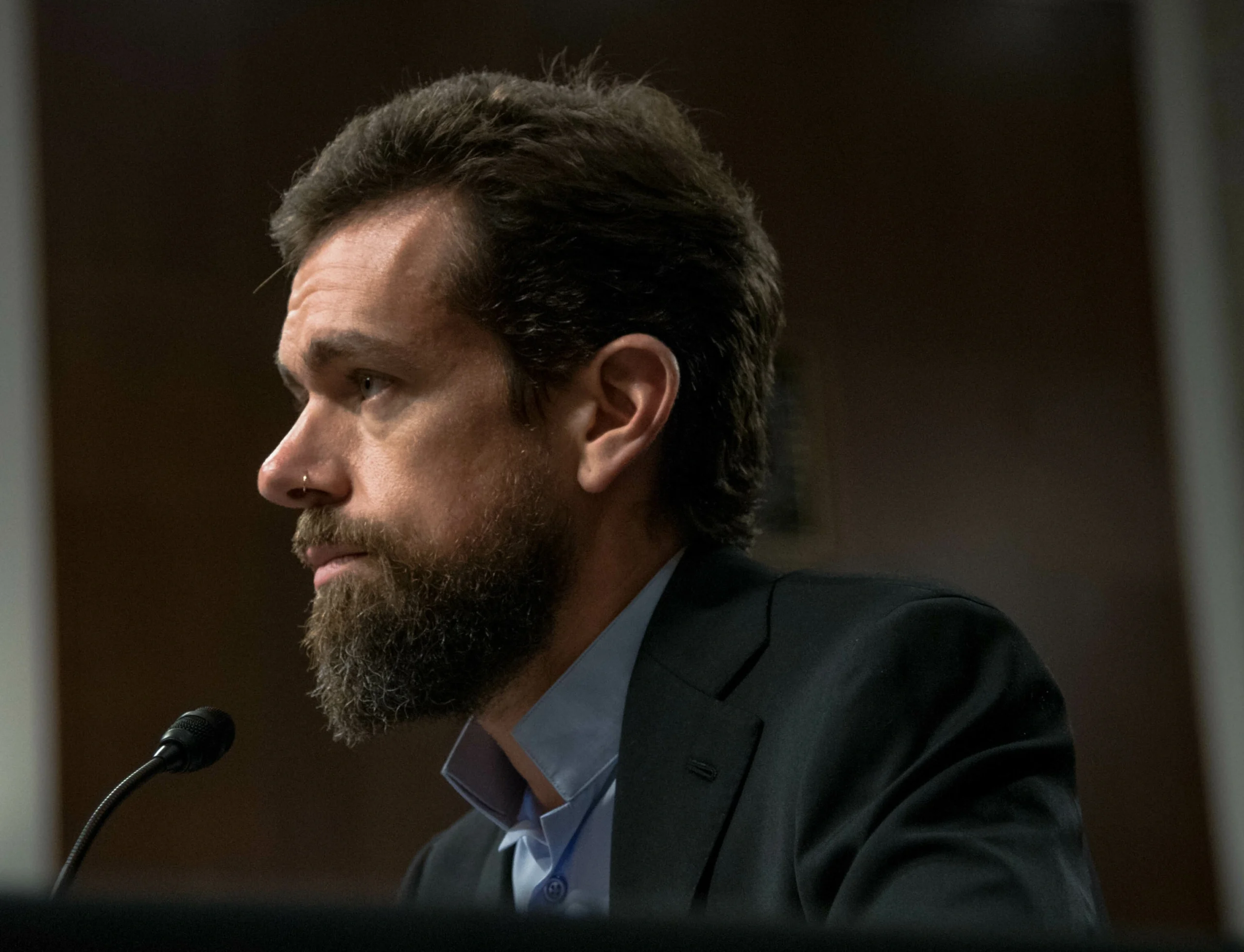Building digital trust to grow the global economy

John E. Kaye
- Published
- Home, Technology

If the private and public sector can work together to fix digital identity and security concerns, vast economic potential can be unleashed, says Zia Hayat of Callsign
Uncertainty about the global economy breeds caution, and mistrust follows where caution leads. Given the events of recent years, from the pandemic, to the war in Ukraine and the fiscal and environmental crises, we are facing challenges on an unprecedented level in the digital age.
Growing the global economy is a complicated task and there is no one fix-all solution. However, there is one important factor that is the foundation of confidence in our economy, and that is trust. With our digital economy growing twice as fast as our physical economy, perhaps it should be more obvious that “digital trust” could be one of the key answers to our economic woes.
Digital trust is the confidence we have in the abilities of people, technologies and processes
to create a secure digital world. This means knowing who we are interacting with and having confidence that technology and processes are accountable, fair, and ethical is critical to our digital prosperity. We need digital trust for our technology-reliant society to weather the current economic storm and grow to provide economic and social opportunities for all.
Unlocking the digital potential
Trust may be an abstract idea, but it is fundamental when it comes to building digital ecosystems and ensuring that accountability exists. Callsign’s 2022 Digital Trust Index report found a five-percentage point increase in digital trust is associated with an average increase in GDP per capita of $3,000. Whilst trust is fundamental to building our society, it is clearly pivotal to the success of our digital world too.
Today an increase in online scams and fraud has eroded our trust in the digital world, people do not have to prove their identity to exist digitally. Largely for this reason, trust in the digital world lags the physical world. Our preference is for physical services, after all seeing is knowing and knowing is trusting. But how can we know, and therefore trust, online?
In short, identification. If people doubt the identities, and therefore accountability, of those who they interact with online, then they will stop engaging digitally and this has ramifications both for individuals and for the wider economy. The World Bank estimates that the digital economy is equivalent to 15.5% of global GDP, and that this has been growing two and a half times faster than global GDP over the past 15 years.
The statistics are staggering. The digital world is a significant part of our global economy, and it will only become more important. Over the pandemic, digital services became a lifeline for many as they provided access to social, economic and educational opportunities.
For a lot of people this meant scaling up their digital use in a rapid way, something organisations weren’t quite prepared for.
What is concerning for Western economies is that whilst the World Banks’ figures strongly indicate there is huge untapped opportunity in the digital world, Callsign’s Digital Trust Index found Western markets displayed negative trust gaps, meaning they have lower levels of digital trust than in societal trust. If we are to reap the benefits of our online world, we need to build digital trust.
Building digital trust
So now we know what digital trust is and why we need it, how do we build it? In the physical world we have laws that drive accountability – there are tangible consequences for tangible actions – this is harder in the digital world. Identity is more difficult to verify and it is easier to say you’re someone you’re not. Usernames and passwords are not enough to verify who we are, and yet they’re our main source of authentication.
It isn’t just bad people that take advantage of their opportunity as misinformation is everywhere on social media platforms. This and the criminal industry are putting business growth at risk, therefore we need to build digital trust for citizens.
First, we need to determine who is responsible for creating trust. Nearly half of those surveyed by Callsign (47%) believe that government and the public sector should be responsible for creating a digital world that provides privacy, security, reliability and data ethics in online programmes or devices. In an age where social media giants and big tech have so much sway, it’s clear that initiatives need to be driven by government and implemented by tech companies to build ethical solutions that people can trust. But most critical to the digital world is our identity, and consumers said they would trust banks and financial services firms the most to create and maintain a digital identity system. Just as consumers trust banks with their most valuable assets – money, they would trust them with their identities too.
We need to start now, as we continue the path to various metaverses, the onus is on the private and public sector to work together to fix digital identity. By thinking about the right solutions now and baking in security and identity from the start, organisations will effectively build trust in our digital society. If we start now with real intent, we can give our economy the best possible chance of not only bouncing back stronger than ever but growing exponentially too.
About The Author
Zia Hayat is the founder and CEO of digital identity experts Callsign.
Further information
RECENT ARTICLES
-
 Government consults on social media ban for under-16s and potential overnight curfews
Government consults on social media ban for under-16s and potential overnight curfews -
 Twitter co-founder Jack Dorsey cuts nearly half of Block staff, says AI is changing how the company operates
Twitter co-founder Jack Dorsey cuts nearly half of Block staff, says AI is changing how the company operates -
 AI-driven phishing surges 204% as firms face a malicious email every 19 seconds
AI-driven phishing surges 204% as firms face a malicious email every 19 seconds -
 Deepfake celebrity ads drive new wave of investment scams
Deepfake celebrity ads drive new wave of investment scams -
 Europe eyes Australia-style social media crackdown for children
Europe eyes Australia-style social media crackdown for children -
 Europe opens NanoIC pilot line to design the computer chips of the 2030s
Europe opens NanoIC pilot line to design the computer chips of the 2030s -
 Building the materials of tomorrow one atom at a time: fiction or reality?
Building the materials of tomorrow one atom at a time: fiction or reality? -
 Universe ‘should be thicker than this’, say scientists after biggest sky survey ever
Universe ‘should be thicker than this’, say scientists after biggest sky survey ever -
 Lasers finally unlock mystery of Charles Darwin’s specimen jars
Lasers finally unlock mystery of Charles Darwin’s specimen jars -
 Women, science and the price of integrity
Women, science and the price of integrity -
 Meet the AI-powered robot that can sort, load and run your laundry on its own
Meet the AI-powered robot that can sort, load and run your laundry on its own -
 UK organisations still falling short on GDPR compliance, benchmark report finds
UK organisations still falling short on GDPR compliance, benchmark report finds -
 A practical playbook for securing mission-critical information
A practical playbook for securing mission-critical information -
 Cracking open the black box: why AI-powered cybersecurity still needs human eyes
Cracking open the black box: why AI-powered cybersecurity still needs human eyes -
 Tech addiction: the hidden cybersecurity threat
Tech addiction: the hidden cybersecurity threat -
 Parliament invites cyber experts to give evidence on new UK cyber security bill
Parliament invites cyber experts to give evidence on new UK cyber security bill -
 ISF warns geopolitics will be the defining cybersecurity risk of 2026
ISF warns geopolitics will be the defining cybersecurity risk of 2026 -
 AI boom triggers new wave of data-centre investment across Europe
AI boom triggers new wave of data-centre investment across Europe -
 Make boards legally liable for cyber attacks, security chief warns
Make boards legally liable for cyber attacks, security chief warns -
 AI innovation linked to a shrinking share of income for European workers
AI innovation linked to a shrinking share of income for European workers -
 Europe emphasises AI governance as North America moves faster towards autonomy, Digitate research shows
Europe emphasises AI governance as North America moves faster towards autonomy, Digitate research shows -
 Surgeons just changed medicine forever using hotel internet connection
Surgeons just changed medicine forever using hotel internet connection -
 Curium’s expansion into transformative therapy offers fresh hope against cancer
Curium’s expansion into transformative therapy offers fresh hope against cancer -
 What to consider before going all in on AI-driven email security
What to consider before going all in on AI-driven email security -
 GrayMatter Robotics opens 100,000-sq-ft AI robotics innovation centre in California
GrayMatter Robotics opens 100,000-sq-ft AI robotics innovation centre in California



























